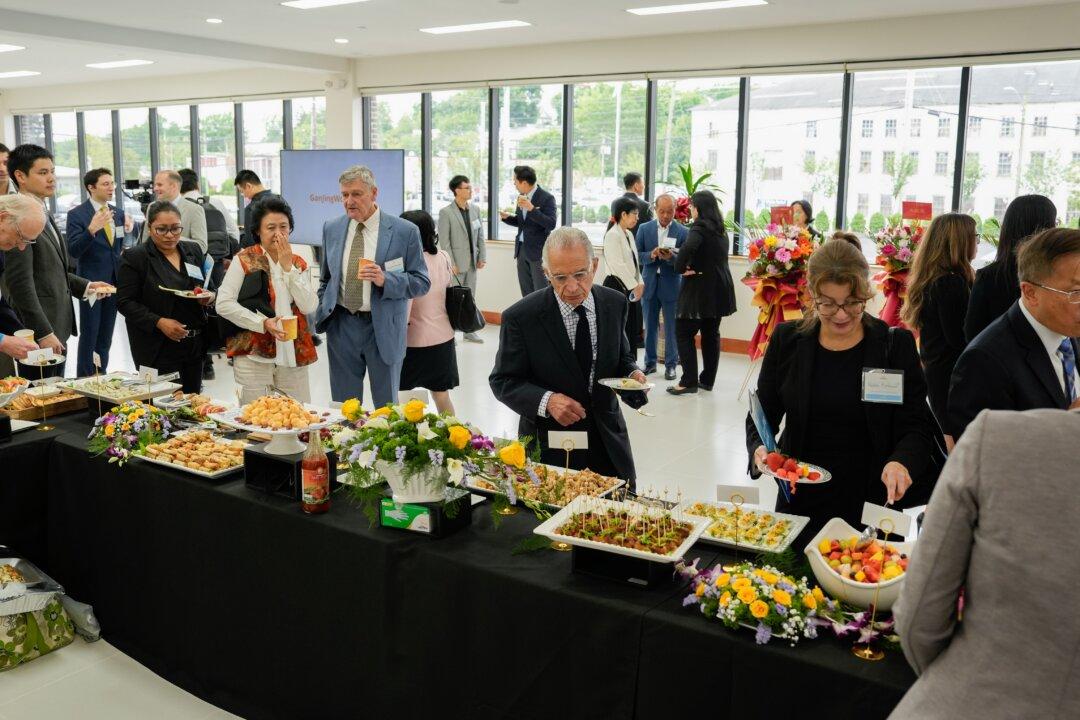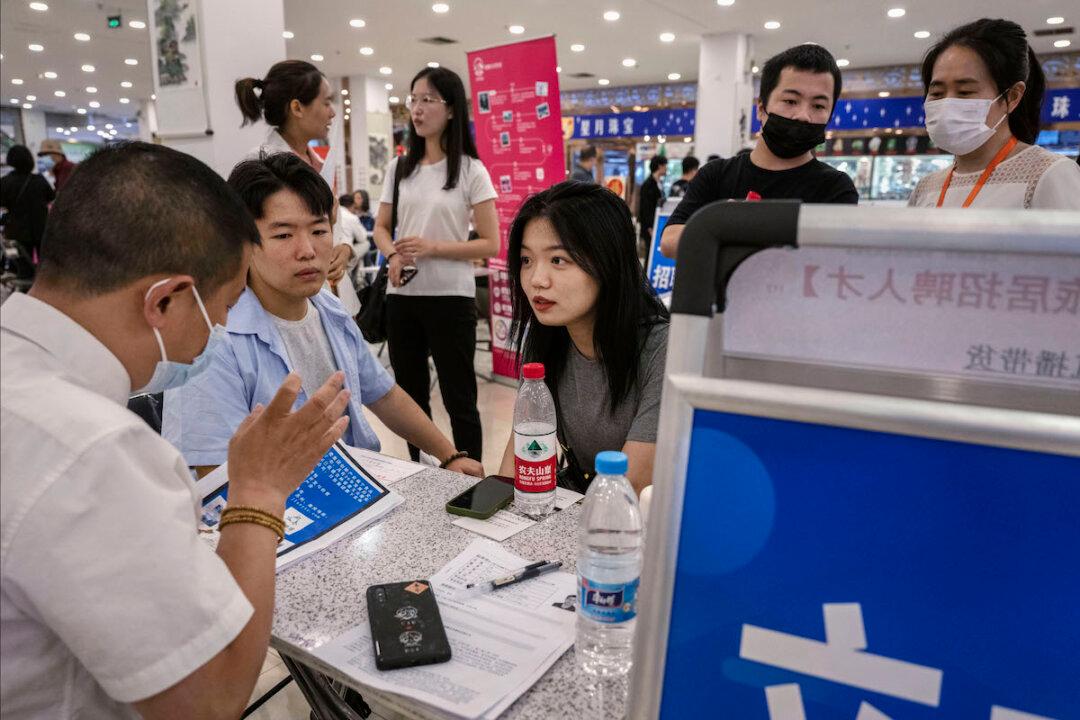Amid the global chip shortage, Japan’s eight largest automakers’ September domestic output stood at 398,075, falling 49.7 percent compared to the same period last year, the sharpest production decline since the 61.8 percent drop in May last year, according to Chinese state media. Among them, Toyota and Honda dropped more than 55 percent. TSMC’s Japanese subsidiary director said the severe automotive chip shortage would likely continue to next year.
Subaru’s public relations representative Hiroko Murakami told The Epoch Times that the Chinese Communist Party (CCP) virus-induced lockdowns have led to significant shortages and delays in chips and auto parts. Also, the long-term disruption of the automotive supply chain may bring more unemployment and hinder Japan’s economic recovery.






